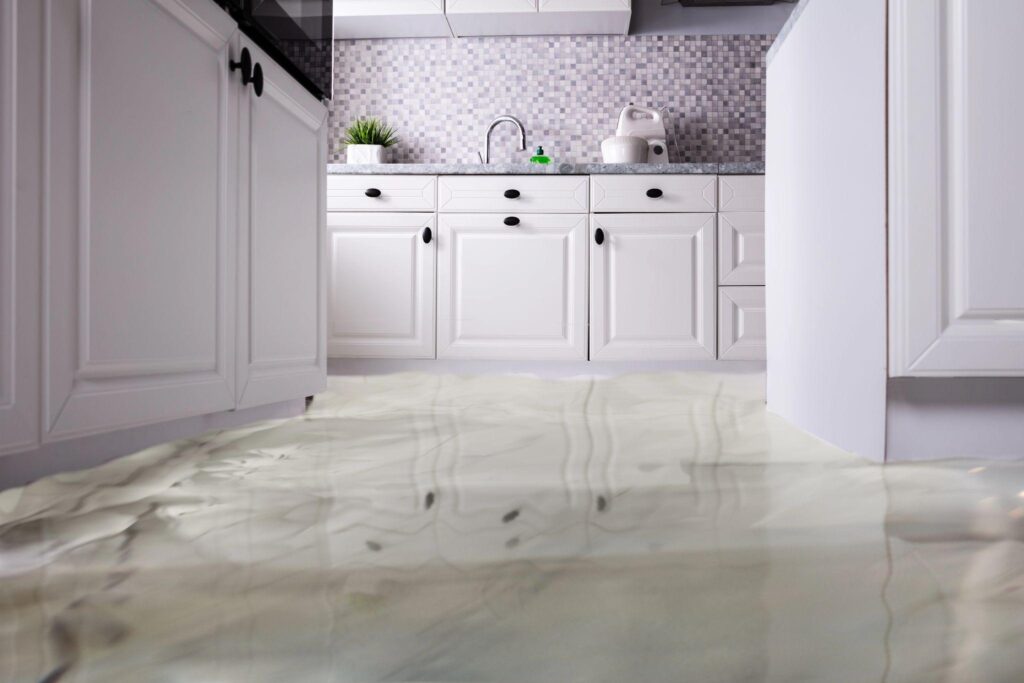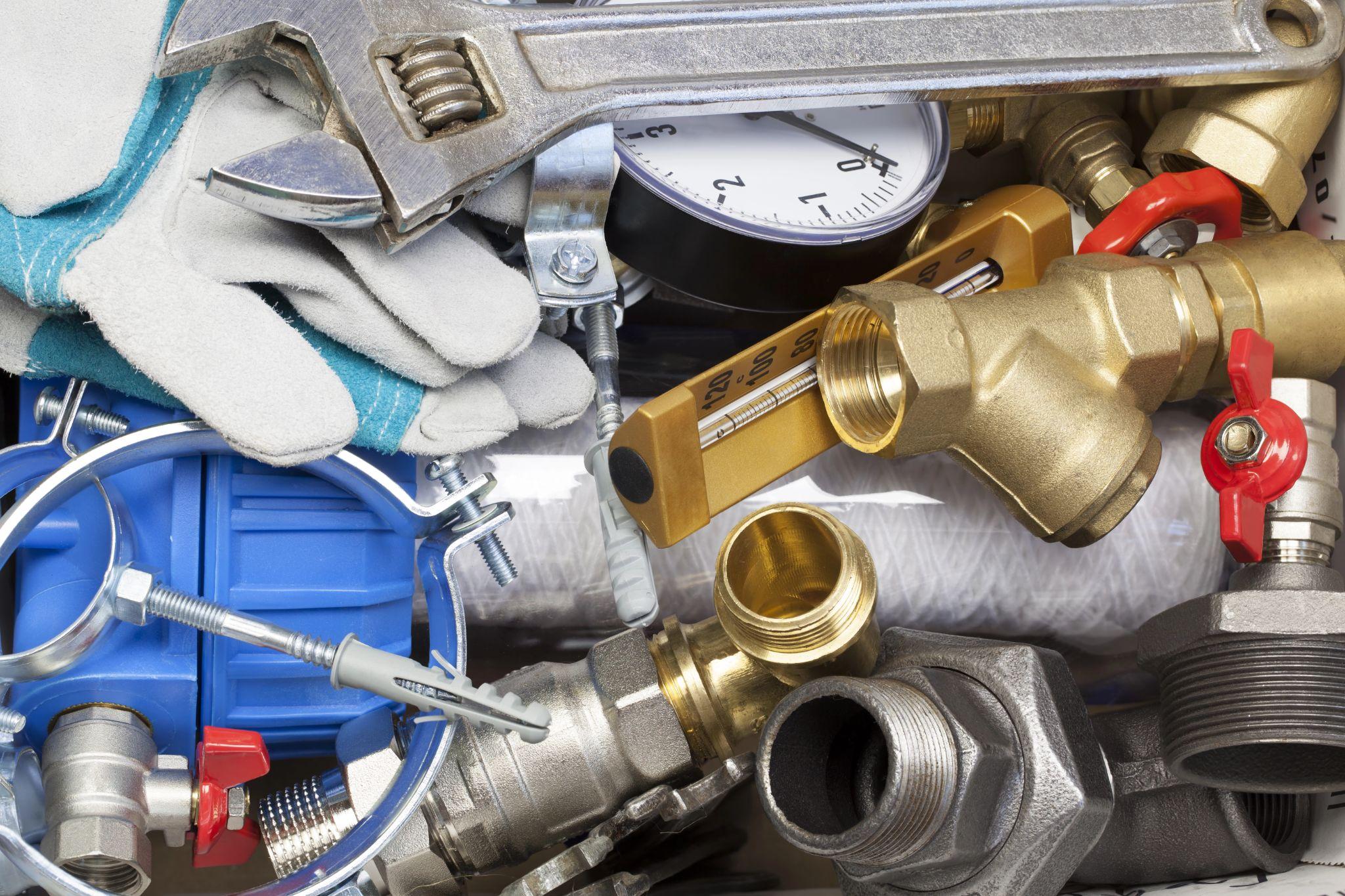If you’ve ever opened your water bill and nearly dropped your coffee, you might have an underground water leak. These sneaky troublemakers are like the ninjas of plumbing problems — they work silently, out of sight, racking up costs and potentially making a real mess of your property.
The bad news? Underground leaks can waste huge amounts of water, spike your bills, and damage the ground, foundation, or landscaping.
The good news? With the right detection methods, you can find them early, fix them fast, and save yourself a whole lot of headaches — not to mention money.
In this guide, we’ll walk through the traditional and high-tech ways to spot underground water leaks, why early detection matters for your wallet and the environment, and how to choose the right help when you need it.
The Sneaky Signs of an Underground Leak
Before we dive into the “how” of leak detection, let’s talk about the “what” — as in, what to watch for. These leaks rarely announce themselves with flashing lights and sirens. Instead, they leave subtle clues, such as:
- Unusually high water bills (without a good explanation, like filling a pool or hosting a garden party)
- Persistent damp spots in your yard or garden
- The sound of running water when no taps or appliances are on
- Areas of extra-lush grass that grow faster than the rest of the lawn
- Low water pressure that seems to appear out of nowhere
Catching these signs early is the first step toward stopping leaks before they turn into major repairs.
Traditional Methods for Detecting Underground Water Leaks
The old-school ways of finding leaks still have their place — especially when paired with a keen eye and ear.
Visual Inspection
This is where every leak hunt begins. Walk around your property and look for wet spots, pooling water, or unusually green patches. While this won’t pinpoint the exact location, it can give you a good starting point.
Sound Detection
Using specialised listening devices, inspectors can amplify the sound of water moving through pipes to zero in on a leak. This works best in quiet environments, so if your street sounds like a construction site, it can be tricky.
Dye Testing
Adding a colored, non-toxic dye to your water supply and then watching for it to appear where it shouldn’t can be surprisingly effective. It’s like giving your plumbing system a highlighter pen. That said, it’s not always precise and can be messy if you’re not careful.
Bottom line: Traditional methods are tried and true, but they can be slow, invasive, and sometimes a little hit-or-miss — especially with complex underground systems.
Advanced Technology in Leak Detection
Today’s plumbing pros have tools that would make an old-school plumber’s jaw drop. These high-tech methods are faster, more accurate, and far less disruptive.
Electronic Leak Detection
Think of this as a stethoscope for your plumbing. These devices use sensors to detect even the tiniest leaks that traditional methods might miss.
Infrared Thermography
Water leaks can change the temperature of the surrounding soil or pavement. Infrared cameras pick up these subtle changes, giving inspectors a heat map of the problem area without digging.
Next-Level Acoustic Detection
Modern acoustic systems don’t just listen — they analyse sound frequencies to pinpoint leaks, even in noisy urban environments.
Fibre Optic Monitoring
This is continuous surveillance for your pipes. Light signals travel through fibre optic cables, and any distortion can mean a leak. It’s early-warning detection at its finest.
Non-Invasive Leak Detection Methods
Here’s where things get appealing for homeowners — finding and fixing leaks without tearing up your property.
Ground-Penetrating Radar (GPR)
This sends radar pulses into the ground to create images of what’s underneath, spotting leaks without digging.
Trenchless Technology
Repairs and detection without the jackhammers? Yes, please. Trenchless methods preserve landscaping, driveways, and gardens while still getting the job done.
Soil Sensors
These devices measure moisture and temperature in the soil, pinpointing exactly where leaks might be. They’re especially handy for tricky terrain.
💡 Tip: Considering the cost of plumbing services, non-invasive methods often save you money in the long run because you’re not paying for massive excavation work.
Why Early Leak Detection Pays Off
Catching a leak early is about more than saving a few bucks on your next bill — although that’s a nice perk.
- Environmental Benefits
Every drop saved matters. Even a small leak can waste thousands of liters over time, which is bad news for local water supplies and ecosystems. - Lower Utility Bills
Stopping leaks means paying for the water you actually use — not what’s disappearing underground. - Avoiding Property Damage
Water and building materials are not friends. Leaks can damage foundations, walls, and landscaping, leading to huge repair costs. - Long-Term Savings
With modern detection, you can catch leaks before they become big (and expensive) problems, protecting both your home and your budget.
Choosing the Right Leak Detection Service
Finding leaks is one thing. Finding the right people to do it is another.
Here’s what to look for in a professional service:
- Experience – Have they dealt with your type of property and piping before?
- Technology – Are they using the latest tools, or just relying on old-school guesswork?
- Credentials and Reviews – Do they have good feedback from past clients?
- Comprehensive Approach – The best services combine multiple detection methods for accuracy.
While you might try a few DIY tricks for small, obvious leaks, the pros bring precision, efficiency, and peace of mind.
Pro tip: Ask about service guarantees and ongoing maintenance options. A regular inspection plan can save you from future surprise leaks.
Wrapping It All Up — Protect Your Water, Your Home, and Your Wallet
Underground water leaks are sneaky, but they’re no match for a watchful homeowner armed with the right tools and knowledge. From simple visual inspections to advanced fibre optic systems, there’s a solution for every budget and property type.
Whether you’re in it for lower bills, protecting your landscaping, or simply avoiding the stress of a plumbing disaster, proactive leak detection pays off. And when you factor in the cost of plumbing services, catching problems early almost always costs less than waiting until you’ve got a flooded yard or a cracked foundation.
If you suspect a leak — or just want the peace of mind of knowing you’re in the clear — call a trusted plumbing professional today. The sooner you act, the sooner you can stop wasting water, protect your home, and get back to enjoying it.


